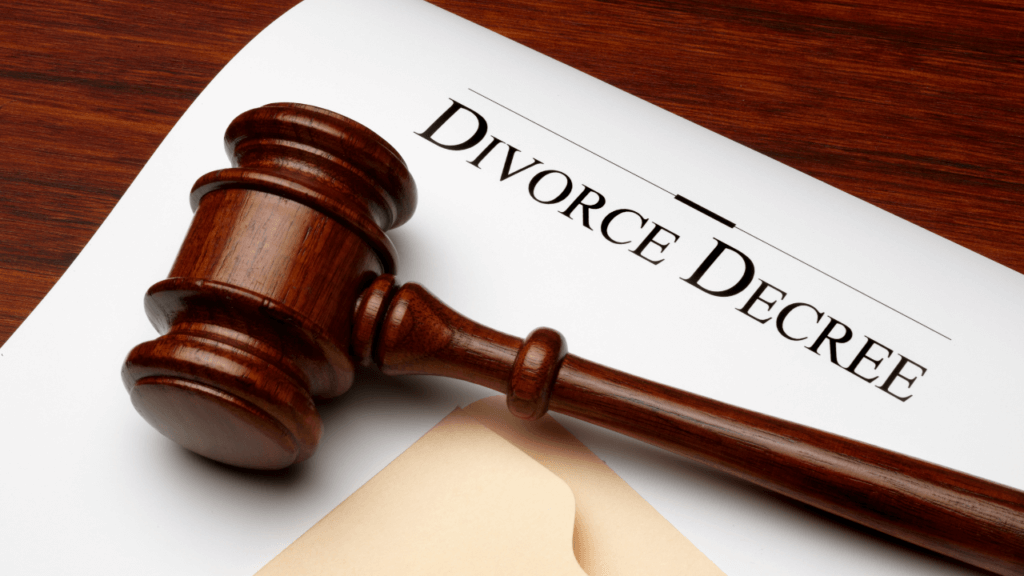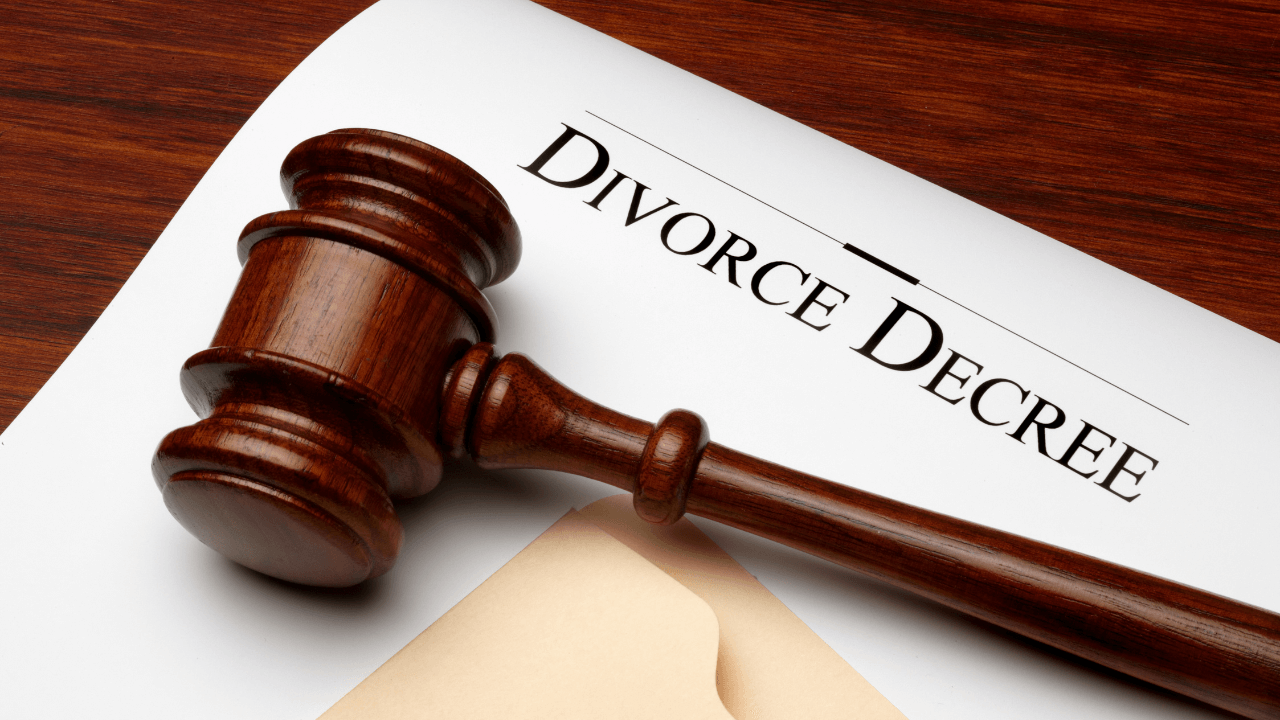
Divorce judgments are often appealed when one party believes that the court made a mistake in deciding the case, or when it is discovered that a spouse lied about a material issue during the trial.
The timelines and process for appealing a divorce judgment in New Jersey are set by court rules and are very specific. Failing to follow them will result in your appeal being delayed or possibly denied. In addition, legal assistance is needed to create the appellate brief, or written argument filed with the Court of Appeals, and make statements during oral arguments.
As a result, it is best to have an attorney for your divorce judgment appeal. The family law attorneys at Rosenblum Law Firm have decades of experience appealing New Jersey divorce judgments. Contact us today for your appeal, and keep reading to learn more about the appeals process.
Understanding Divorce Appeals in New Jersey
An appeal is not an opportunity to admit new evidence, and it is not a new trial. Rather, the appellate judges will only look at the transcripts from the original case and take oral arguments from the parties.
Appeals must be filed on certain grounds, and believing that a divorce judgment is unfair is not sufficient. An appeal can only be filed if the court made an error or if there is reason to believe misconduct from the other spouse occurred during the trial, such as withholding information. Typical grounds for an appeal include:
- Failure to make sufficient findings of fact
- Failure to apply the law correctly
- Failure to resolve all disputes
- Failure to conduct a full hearing
- Abuse of discretion, or mistakes by the judge
An appeal is also different from requesting a modification. An appeal is determined by the appellate courts, while a modification is decided by the same court that issued the original judgment. Modifications also can be requested for reasons that appeals cannot, such as changed circumstances.
How to Appeal a Divorce Judgment in New Jersey
Divorce appeals are reviewed by the Appellate Division of the Superior Court. There are 35 judges, and a panel of two to three judges will decide a given case. The steps to appeal a divorce judgment are as follows:
Plaintiff files the appeal forms
There is a $250 fee due when the appeal is filed. Along with the appeal, the plaintiff must also submit a request for trial court transcripts.
Plaintiff files the appellate brief
An appellate brief is a complex document that details many key points, including:
- the procedural history (a summary of each step in the case)
- a statement of facts (a list of the facts the trial court found to be true)
- a point-by-point statement of how the court erred in the original judgment
The brief must also have an appendix that includes:
- Pretrial orders
- The original divorce complaint
- The answer filed
There are very specific formatting and printing guidelines for appellate briefs. Everything must be correct for the court to accept an appeal, and the brief must be filed within 45 days of receiving the transcript.
Respondent files the reply brief
The respondent in the divorce appeal has 30 days after the appeal is filed to file a reply brief.
Once all briefs are submitted, the clerk identifies cases that may be settled out of court with the assistance of a retired judge. This is called the Civil Appeals Settlement Program (CASP). If no settlement is reached, or the case does not qualify for CASP, the appeal will be added to the calendar.
Appeals can take up to a year to be decided. It is a lengthy, complex, and expensive process that does not always end in success for the plaintiff. An experienced attorney can guide clients in determining their chances of winning an appeal and the appropriate legal strategy.
Challenges in the Appeal Process
It is important to understand the limitations and challenges of an appeal. Appellate judges only consider:
- The facts of the case as established by the trial judge.
- Short oral arguments from the parties
- The appellate brief
- The reply brief
All of this is reviewed to determine if the trial court made one or more legal errors, and, if so, whether these errors require intervention by the appellate court. Even when the appellate court agrees that the trial court made an error, intervention is not always deemed necessary. Appellate judges use the New Jersey Standard of Review to determine if any error made by the trial court led to an unjust result.
In the case of family law like divorce appeals, the standard of review is to defer to the trial judge in findings of fact. In matters of equitable distribution, where property and assets were split between the two parties in the initial divorce case, the standard of review is to only determine whether the trial judge’s findings are “supported by credible evidence in the record.”
This means that appellate judges are not likely to re-evaluate property and assets in matters of equitable distribution and alimony. Rather, they are simply looking at whether the judge made an error in deciding these matters. This is why a compelling appellate brief is so important: to provide a solid argument as to how the trial judge erred and how it led to an unjust result.
Financial and Emotional Considerations
The financial costs associated with appealing a divorce judgment are significant. The New Jersey appeals website lists the filing fee for a notice of appeal as $250, but this is just the beginning. One must also obtain transcripts of the original trial, which the appeals website lists as costing at least $1,000 per day of trial. These costs are in addition to attorney fees.
It is also wise to consider the emotional costs of filing an appeal in a contested divorce case. Appeals drag out the divorce process and can make it harder to move on afterward. Working with a compassionate attorney who will take the burden of the appeal process off your shoulders is important for managing the emotional toll that a divorce appeal can take.
How an Attorney Can Help in Appealing a Divorce Judgment
The first thing an attorney will do is assess the merits of the appeal. Given the evidence and trial record, the attorney can analyze the facts and applicable law, and provide advice as to whether or not the appeal is likely to succeed.
If a party decides to move forward with their divorce appeal, the attorney will prepare and file the notice of appeal and appellate brief. They will also represent the appellant during oral arguments and devise strategies for presenting their case effectively to the appellate court, making the process significantly easier for their client.
Schedule Your Free Attorney Consultation Today
The next step in a divorce appeal is to contact an attorney to determine if you have a case. The appellate divorce attorneys at Rosenblum Law Firm provide personalized and strategic legal guidance with the compassion you need during this time. One of our attorneys will work with you and develop a comprehensive legal strategy aimed to achieve the best possible outcome. Schedule a free consultation with our experienced appellate attorneys by visiting our website.
FAQs
You have 45 days from the date of the final order to appeal a divorce in New Jersey. You may lose your right to appeal if you miss this deadline.
It is rare that a divorce will be reversed by an appellate court in New Jersey. However, parts of the divorce decree may be modified by the appellate court to account for an error made by the judge that led to an unjust result.
Yes. Only a contested divorce can be appealed, according to the state of New Jersey. An uncontested case cannot be appealed because the parties agreed to the settlement willingly.
The grounds for a modification are much different than in an appeal. Modification grounds are generally based on changed circumstances. Appeals are based on a misinterpretation of the circumstances or mistakes in how the law was applied. Modifications are typically filed to modify child custody, child support, or alimony. Appeals could be contesting the equitable distribution of assets and other key aspects of the divorce decree.
A divorce judgment appeal would be denied if the appellate judges find that the trial court did not make a legal error in issuing the divorce judgment. It may be denied even if an error was made if the appellate court finds that the error could not have led to an unjust result. In other words, intervention is not a guarantee even if the trial judge committed an error.
A divorce judgment appeal can take up to one year from the date of filing. The earliest an appeal is likely to be reviewed by the appellate court is three months, assuming it does not have a backlog of cases.
The chances of winning an appeal vary. When there has been a clear error on the part of the trial judge and that error led to an unjust result, the chances are better than otherwise. To increase your chances of success, hire an experienced attorney who can strategically argue in your favor.
A divorce judgment appeal could result in a reversal or alteration of part of the divorce decree. It could also result in the case being sent back to the trial court with instructions on how to remedy the error(s) made by the original trial judge.
If your appeal is denied, you may be able to appeal to a higher court. An attorney can best advise on the chances of having a higher court hear the appeal, and the chances of success if it does.










 888-815-3649
888-815-3649
